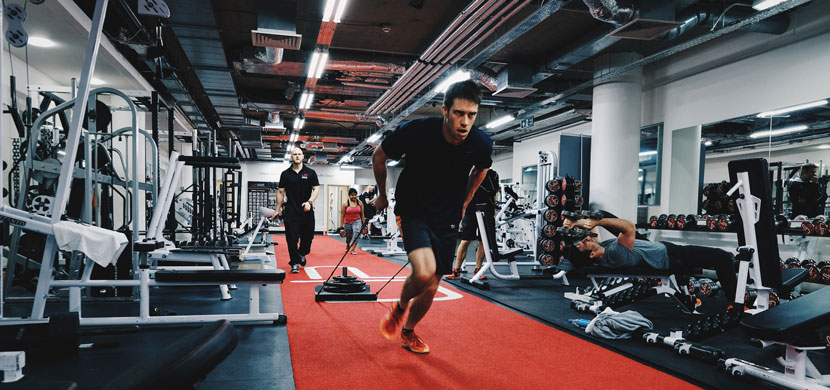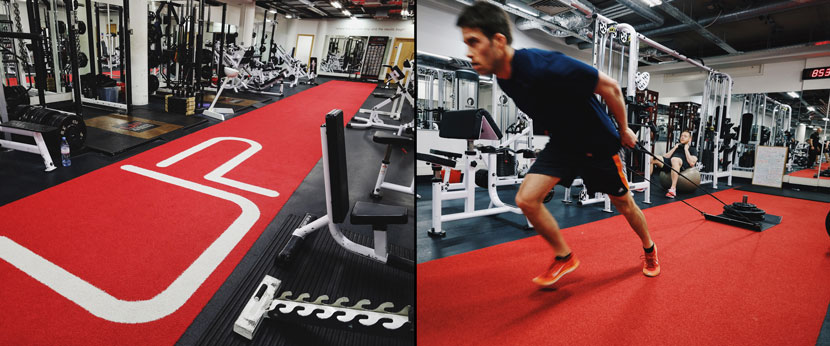Working Out in Ramadan

Yes, it can be done. Nick Mitchell, the founder of UP Fitness gives his tips….
No Excuses
- Don’t use Ramadan as an excuse to not exercise. This may seem like an obvious recommendation, but it is important to keep the body active over Ramadan as without it and in the absence of a regular eating pattern, it becomes very easy to undo all the hard-earned progress that has been made.
Timing is Everything
- The best time to hit the gym during Ramadan is either early in the morning, after your first meal of the day, or after your first meal post-fasting as it allows you to exercise when you have optimum energy.
Fast & Furious
- Keep your workout duration tight. Get in and out of the gym in under one hour – preferably aim for 45 minutes of hard work. This time-frame still allows a hard workout but without pushing your body to an extreme.

Hydration, hydration, hydration
- Once Iftar commences, it is extremely important to hydrate the body before and after working out. A good goal for a 91 kilograms man should be to try to down 3 liters of water between sunset and dawn.
Plan Ahead
- Don’t panic about losing any momentum in your body goals. Consuming four to five balanced meals between Iftar and Suhour is very possible, and this alone should be enough for maintenance. For example, one could eat a large pre-Ramadan fast meal at 5am, then break the Ramadan fast at 8:30pm, eat again at 10pm, and finally have a supper at 11.30pm. Nevertheless, if minimizing fat accumulation (or fat loss for the super ambitious) is your goal, the mainstay of your macronutrients would be from protein and “good fats” (think unprocessed, natural fats and you won’t go far wrong).
(Credit: Nick Mitchell, the founder of UP Fitness who has also written two books and has also become an Amazon bestseller. He is a frequent columnist in Muscle & Fitness, Men’s Fitness and Men’s Health.)







